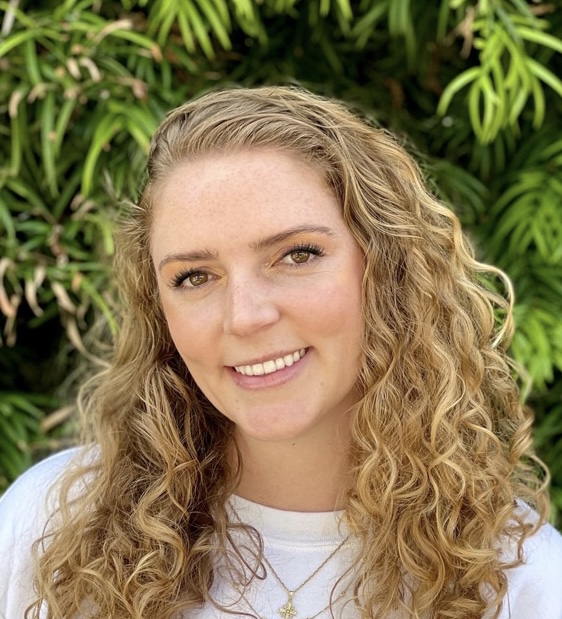Symposia
System Stakeholder Issues
4 - (SYM 125) Clinician Enrollment, Dropout, and Completion of Learning Collaborative Trainings in Child Welfare Agencies Varied Based on Evidence-based Treatment for Trauma Being Implemented
- GW
Grace S. Woodard, M.S. (she/her/hers)
Predoctoral Psychology Trainee
University of Miami
Coral Gables, Florida, United States - GW
Grace S. Woodard, M.S. (she/her/hers)
Predoctoral Psychology Trainee
University of Miami
Coral Gables, Florida, United States 
Elizabeth C. Lane, B.A.
PhD Graduate student in Child Clinical Psychology
University of Miami
Coral Gables, Florida, United States- DP
Dominique Phillips, B.S.
Predoctoral Psychology Trainee
University of Miami
Miami, Florida, United States - EC
Elizabeth Casline, Ph.D.
Postdoctoral Researcher
Northwestern University Feinberg School of Medicine
Chicago, Illinois, United States - ZP
Zabin Patel-Syed, Ph.D. (she/her/hers)
Research Assistant Professor
Northwestern University
Chicago, Illinois, United States - VR
Vanessa Ramirez, Psy.D.
Chief Program Officer
Community Mental Health Agency
Miami, Florida, United States 
Amanda Jensen-Doss, Ph.D. (she/her/hers)
Professor
University of Miami
Coral Gables, Florida, United States
Speaker(s)
Co-author(s)
Training front-line child welfare clinicians in evidence-based treatments (EBTs) for trauma is critical to ensure youth receive appropriate care. The Learning Collaborative (LC) is a training and implementation model that simultaneously trains clinicians and leadership from multiple organizations to support ongoing implementation and sustainment (Nadeem, Olin, et al., 2013). The LC model is recommended by the National Child Traumatic Stress Network, used in at least 35 states (Nadeem et al., 2014), and has evidence of effectiveness (Bartlett et al., 2016). However, a key challenge of the intensive LC training model is clinician engagement: about 50% of clinicians drop out or do not complete all training requirements (Jensen-Doss et al., 2020). While most youth LCs have focused on Trauma-focused Cognitive Behavior Therapy (TF-CBT), LCs can be applied to various EBTs; however, limited research has focused on LCs for other interventions within the child welfare system. Five LC trainings in TF-CBT (N = 2), modified TF-CBT for the Commercial Sexual Exploitation of Children (CSEC; N = 1) and Reducing Risk through Family Therapy (RRFT; N = 2) were funded by a SAMSHA grant awarded to a child welfare center between 2016-21. All clinicians were required to attend in-person workshops, attend consultation calls, and treat two cases. TF-CBT trainings had higher enrollment (66 in 2 LCs vs 55 in 3 LCs), higher requirement completion (77% vs 5%), and lower dropout (18% vs 38%) compared to the specialty trainings. Although the primary reason for dropout across all trainings was clinicians leaving their agency, there was considerable variability depending on the EBT type. While almost all dropout in TF-CBT trainings was due to turnover (92%), only 66% was due to turnover in specialty trainings. Because of how common childhood traumatic events are, TF-CBT is a highly sought after EBT by clinicians. LCs for RRFT and modified TF-CBT for CSEC are considered advanced trainings that build upon trainees’ existing skill in TF-CBT, which may have limited the pool of eligible trainees. Training completion may have been lower for specialty trainings because they are not associated with a national certification process like TF-CBT. Furthermore, agency-level supports were less of a focus in the specialty trainings (e.g., no leadership calls), which may have contributed to higher clinician dropout. Specific barriers to clinician LC participation and theorized strategies to address barriers based on our community partners’ perspectives will be explored in the symposium.

.png)
